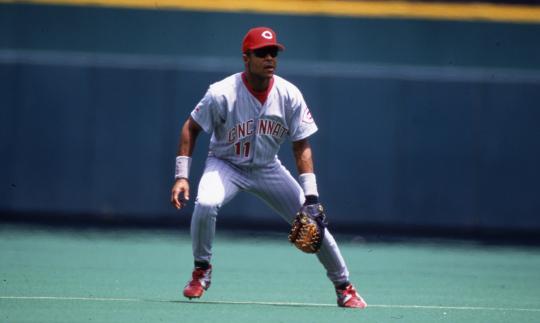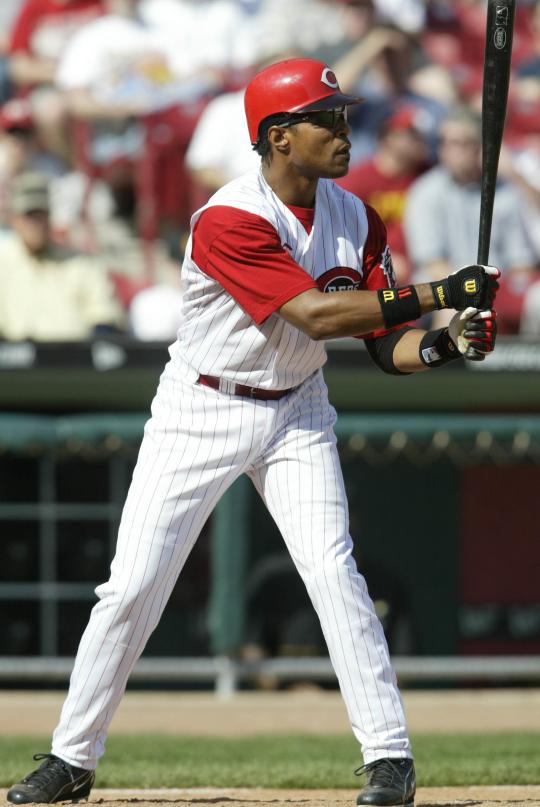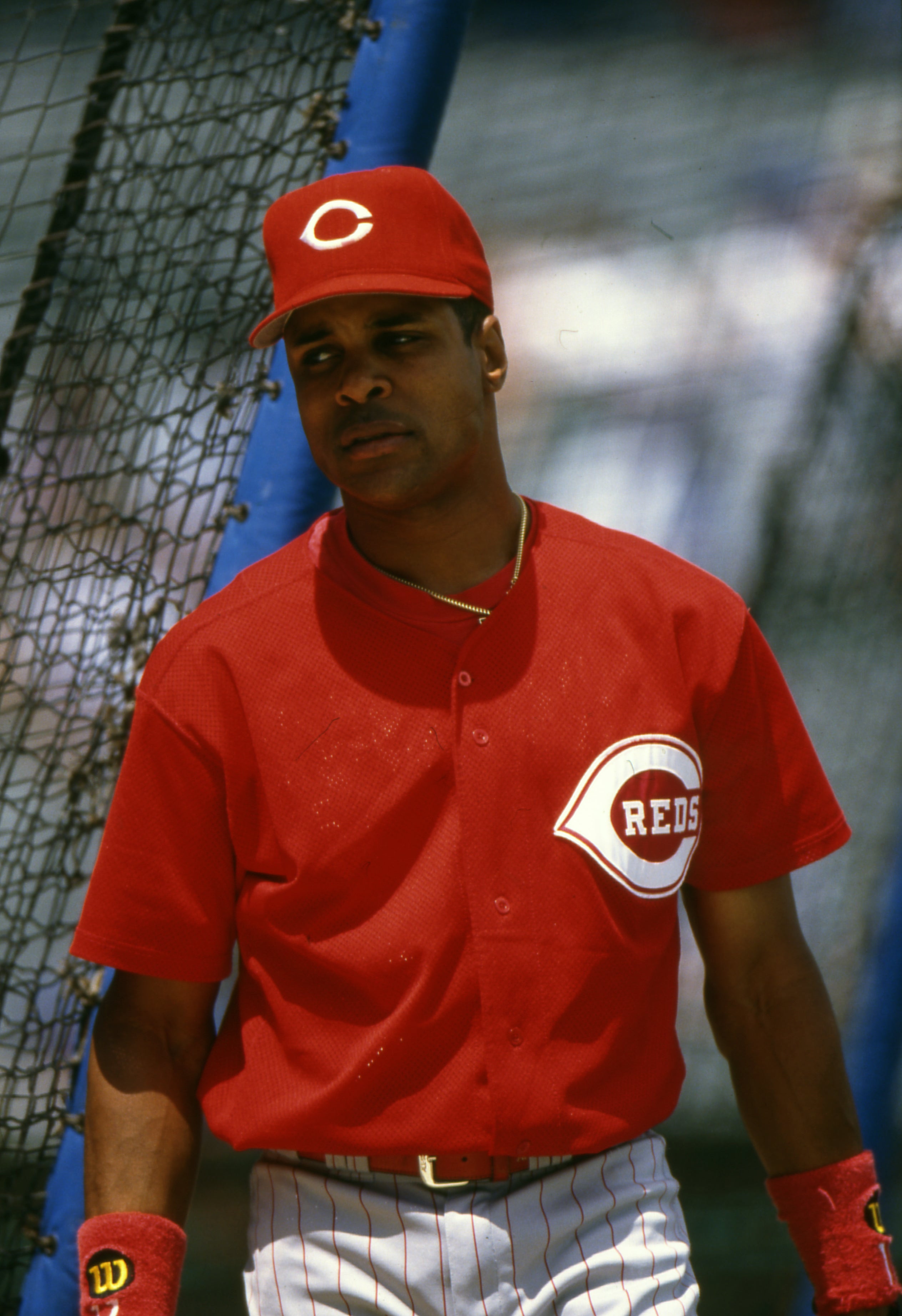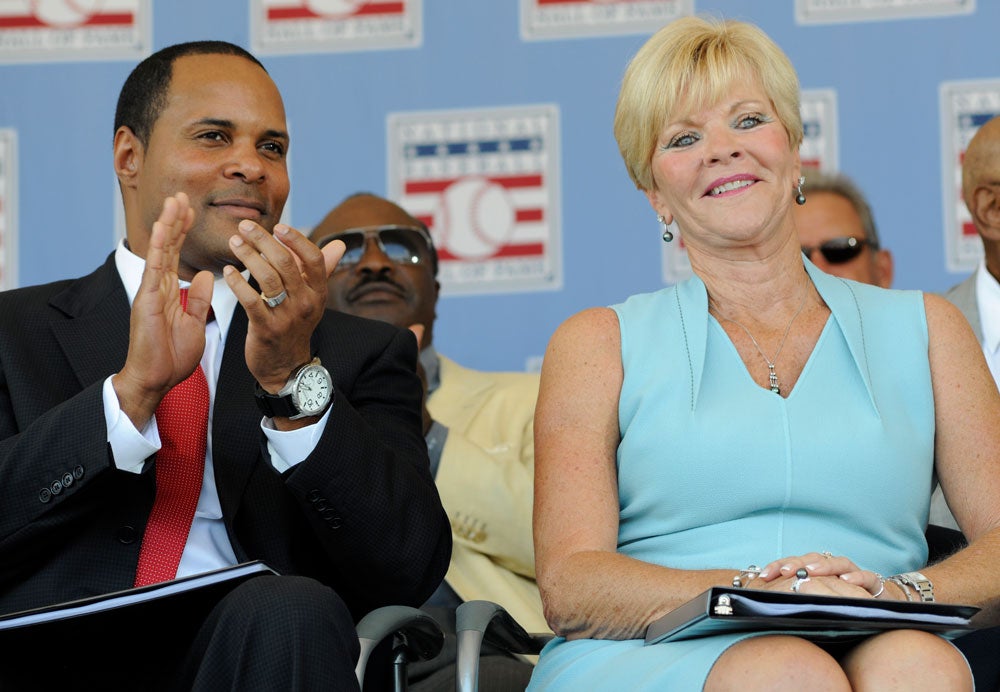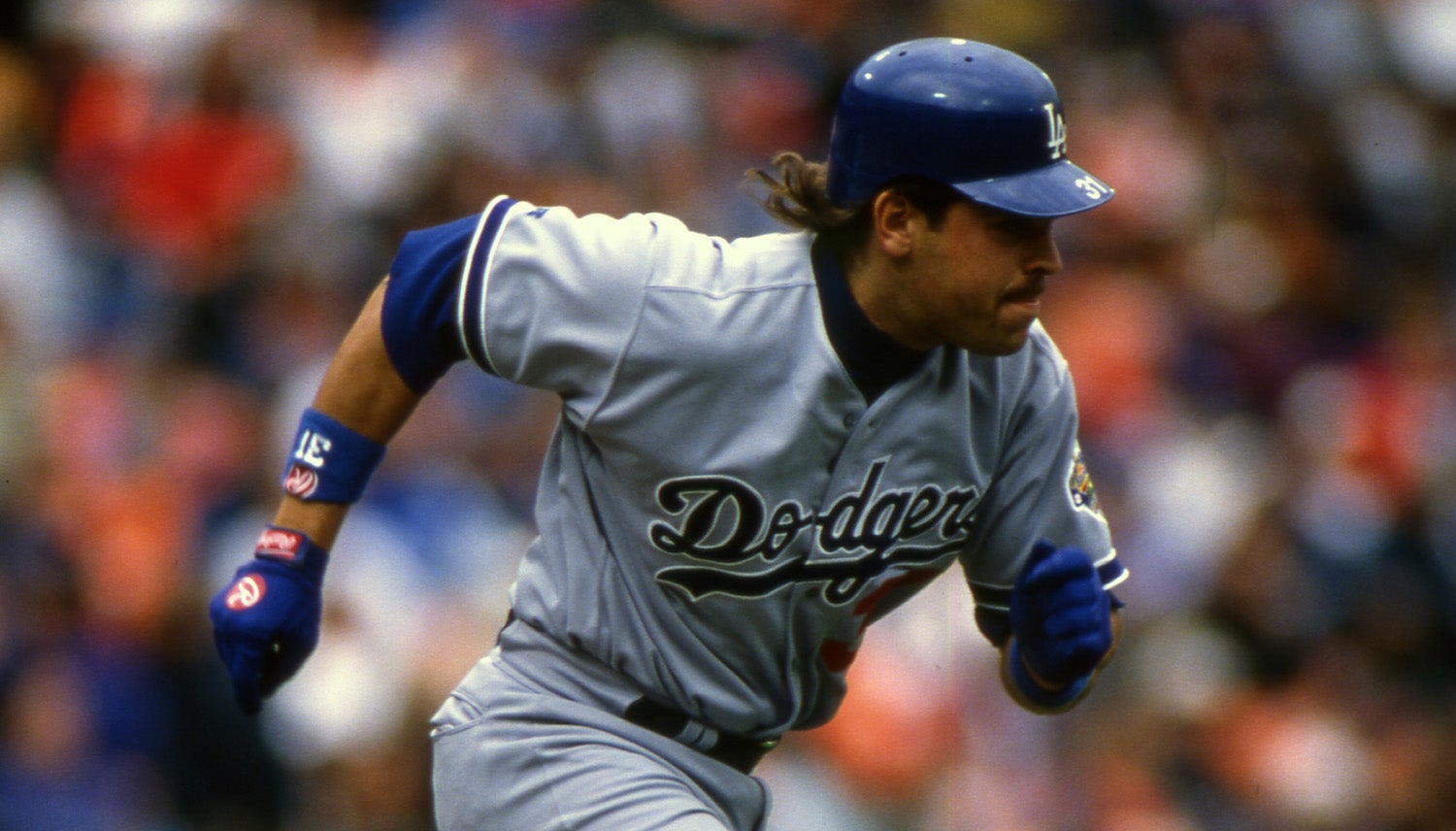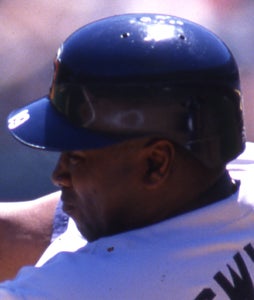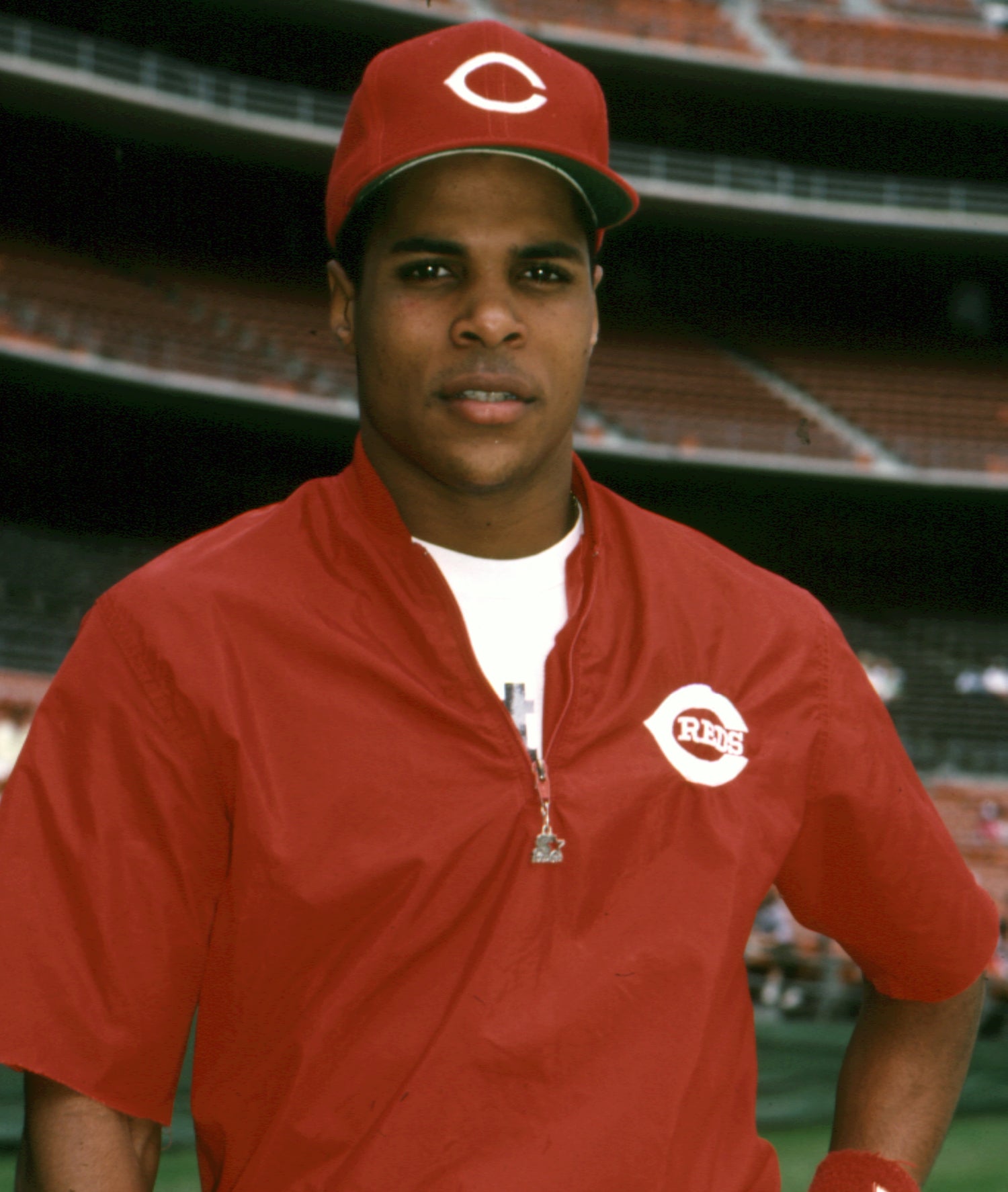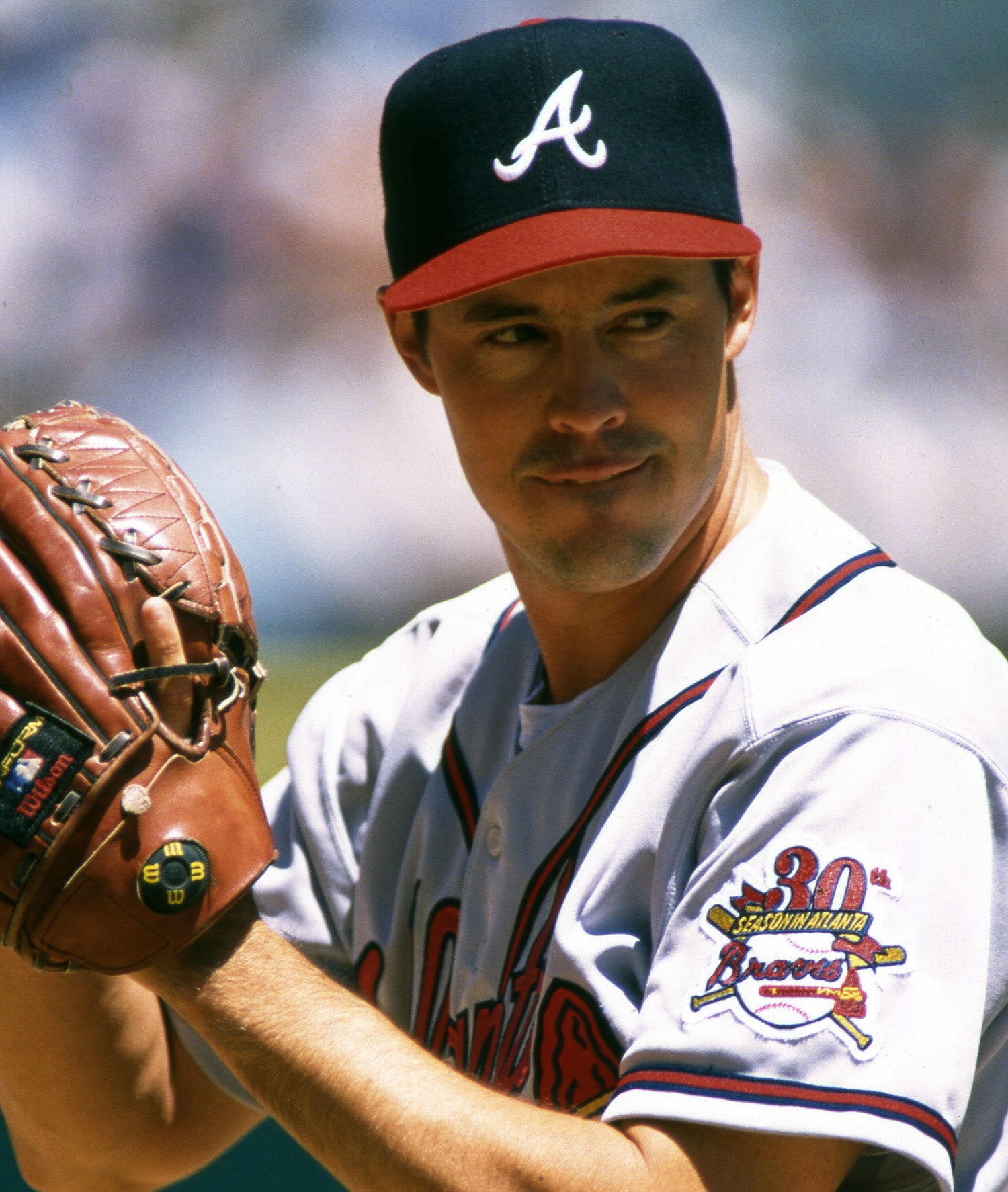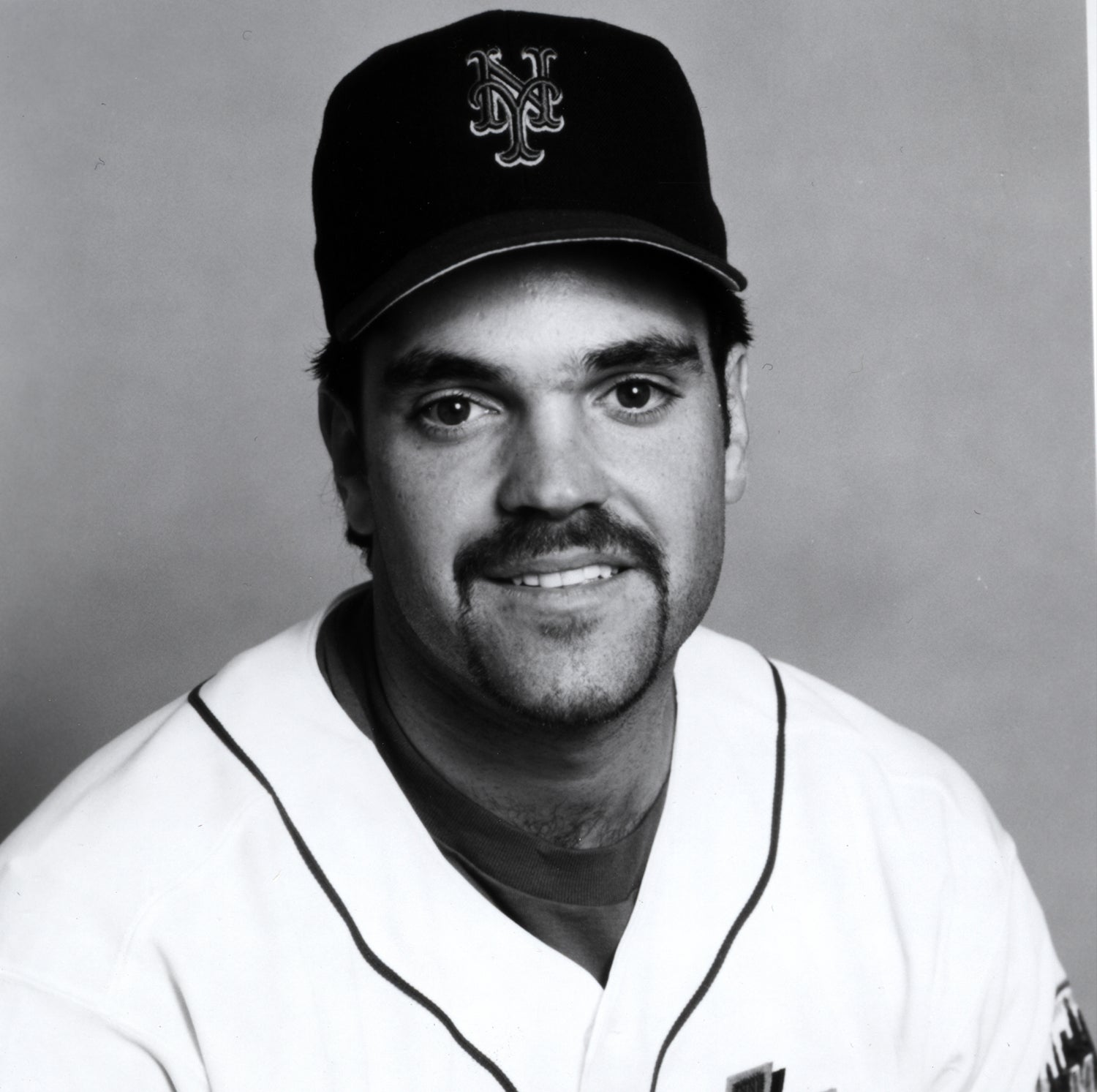- Home
- Our Stories
- MVP campaign leads Reds to extend Larkin
MVP campaign leads Reds to extend Larkin
When Barry Larkin won the 1995 National League Most Valuable Player Award on Nov. 15, he had his doubters. Including himself.
“I thought the MVP would go to a guy like Dante Bichette because of the home runs and all that kind of stuff,” the Reds shortstop told the Cincinnati Enquirer.
Hall of Fame Membership
There is no simpler, and more essential, way to demonstrate your support than to sign on as a Museum Member.
Be A Part of Something Greater
There are a few ways our supporters stay involved, from membership and mission support to golf and donor experiences. The greatest moments in baseball history can’t be preserved without your help. Join us today.
Bichette’s 197 hits, 40 home runs, 128 RBI and .620 slugging percentage all led the National League in 1995. He received six first-place MVP votes for the dominant season and finished second behind Larkin. The third-place finisher, Greg Maddux, led the NL with 19 wins, a 1.63 ERA, 10 complete games and 209.2 innings as he captured his fourth consecutive Cy Young Award. Larkin, meanwhile, took home MVP honors despite not leading the league in any statistical category.
“Larkin’s skills do not spring from the stat sheet as dramatically as do Dante Bichette’s,” wrote the Enquirer. “He lacks the mystique of Atlanta ace Greg Maddux, the power of Mike Piazza and the telegenic temperament of Tony Gwynn. Yet his subtle talents were not lost on the MVP voters, a remarkable thing considering that electorate consists entirely of sportswriters.”
Make no mistake, Larkin posted excellent numbers in 1995, hitting .319 with 15 home runs, 98 runs and a career-high 51 stolen bases. He was selected to his seventh All-Star game in an eight-season span, won his second straight Gold Glove Award for terrific defense at shortstop and his sixth Silver Slugger Award. But statistics and trophies aside, Larkin was a leader for the Reds as they went 85-59, won the NL Central division and reached the National League Championship series.
“Larkin was my other choice because of what he’s done and what he brings to a club,” Rockies manager Don Baylor told the Enquirer. Unsurprisingly, Baylor also expected his star outfielder Bichette to win the award. “He’s an unselfish player who’s at the center of almost everything that happens with that team. He’s a manager on the field.”
The 31-year-old was invaluable to the Reds, but the franchise would soon need to place a value on him – Larkin’s contract paying him $5.1 million a year was set to expire following the 1996 season. When the MVP news broke, the focus shifted to general manager Jim Bowden and owner Marge Schott to pay the shortstop.
“He is a hometown product in the prime of an outstanding career, unchanged by the big money, untainted by scandal, uncompromising in his standards,” the Enquirer pitched. “Larkin is about a good a risk as there is in baseball.”
On Jan. 2, Larkin and the Reds agreed to a three-year, $16.5 million extension running through the 1999 season. Larkin immediately validated the move in 1996 by hitting .298, stealing 36 bases and producing a career-best power output with 33 home runs – becoming the first shortstop to reach the 30 homer/30 steal mark. He earned yet another All-Star selection, as well as Gold Glove and Silver Slugger awards.
The Cincinnati native retired after the 2004 season having played his entire, 19-year career with the Reds. And in 2012, Larkin was inducted into the Hall of Fame.
Justin Alpert was the 2023 social media intern in the Hall of Fame’s Frank and Peggy Steele Internship Program for Leadership Development

